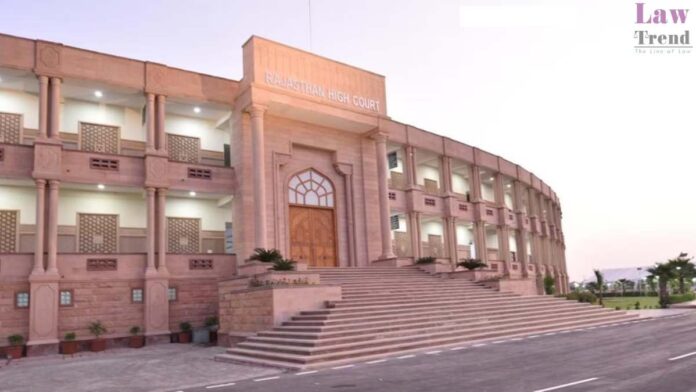In a pivotal decision, the Rajasthan High Court has granted permission for a 13-year-old rape survivor to terminate her 27-week pregnancy, citing significant concerns over the potential mental health repercussions if the procedure were denied. Justice Sudesh Bansal issued the ruling on March 10, following a medical board’s assessment on March 8 which classified the procedure as “under high risk consent.”
The court emphasized the severe mental health risks involved, noting that forcing the minor to carry the pregnancy to term could inflict “grave injury” to her mental well-being. Justice Bansal’s order highlighted that not allowing the medical termination would compel the young girl to endure lifelong agony, not just from childbirth but also from the responsibilities and societal implications thereafter.
In his ruling, Justice Bansal pointed out that, “Permission to terminate the pregnancy of the rape victim can be granted beyond the prescribed provisions of the Act of 1971, amended act of 2021, considering the peculiar facts and circumstances of the individual case.” This statement acknowledges the unique and dire circumstances of the case, allowing for legal flexibility in the interest of the victim’s welfare.
The court directed the superintendent of Mahila Chikitsalaya in Sanganeri Gate, Jaipur, to arrange for the termination of the pregnancy, contingent upon the high-risk consent provided by the girl’s parents. Additionally, the court made provisions for the potential outcomes post-procedure. If the fetus is born alive, the hospital is required to provide all necessary medical assistance, including incubation, to ensure its survival at the state government’s expense. Conversely, if the fetus is not found alive, the court ordered that appropriate measures be taken to preserve evidence for a DNA test by drawing tissues from the fetus.
This decision has come shortly after the registration of the rape case on March 3. Advocate Soniya Shandilya, representing the petitioner, expressed relief at the court’s sensitive handling of the situation, underscoring the judiciary’s role in balancing legal frameworks with humanitarian considerations.




